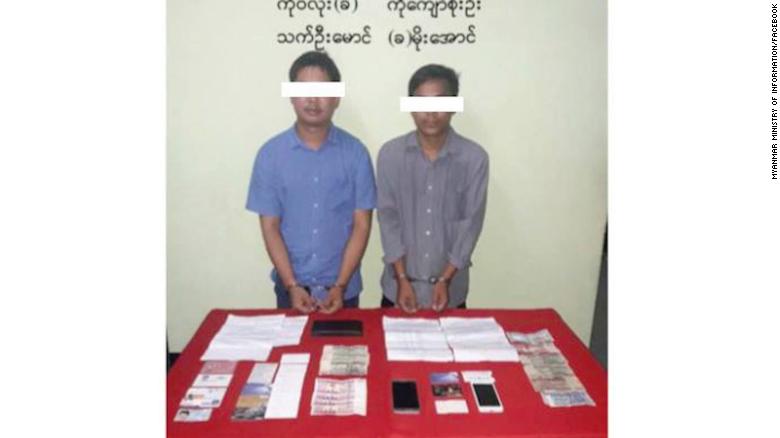By Sarah Purtill
Impunity Watch Reporter, North America
PERRIS, California, USA – David and Louise Turpin were arrested on suspicion of torture and child endangerment. They are both being eld in lieu of a $9 million bail. Police were called by the couple’s 17 year old daughter who dialed 911 on a deactivated cell phone. She said she had escaped out a window of her parents house where she and her siblings had been kept. She also had photographs to back up her claims. The authorities were shocked by her size and emaciated appearance. Although she is 17, authorities thought she was only 10 based on her appearance.
Upon there arrival, authorities noted the home appeared dirty and had a foul stench. Three of the children were found in chains. The 13 children in total ranged from ages 2-29. Because of their malnourished appearance and small stature, authorities originally thought all of the children were minors. Authorities said the parents were not currently showing any signs of mental illness that would explain what they did to their children.
Susan Von Zabern said the 911 call received Sunday, which was cross-reported to social workers, was “the first opportunity we had to intervene.” Currently, it is unclear how long the abuse has been occurring but, she said, “their condition indicates it has been a prolonged period of time.” Social workers are trying to place them with family, but will put them through background checks to make sure that they are able and stable.
Local authorities had no prior contact with the Turpin’s. Additionally, the Police Department in Murrietta, where the family lived previously, also had no interactions with them during the four years they lived there.
The Turpin’s had registered their home as a private school as allowed by California law. Many who choose to homeschool their children in California do register their homes as private school. It first appeared in the state registry in 2010 as a private, nonreligious, co-ed institution when the family first moved there. But only six of the thirteen children were enrolled. The information contained in the registration likely gave authorities little insight into the children’s lives or even how many children there were.
“We really knew nothing about them,” said Grant Bennett, superintendent of the Perris Union High School District. “If they were in home school from the beginning, they wouldn’t have even been on our radar.”
The children are recuperating in the hospital, continuing to improve their health and hope for a better future from this point on.
For more information, please see:
L.A. Times – In Perris, a House of Horrors Hidden in Plain Sight – 17 January 2018
CNN – Found Shackled and and Emaciated, Children of Torture Suspects are Freed – 16 January 2018
ABC News – 13 Siblings Age 2-29 Held Captive by Parents, Some Shackled, Officials Say – 15 January 2018



